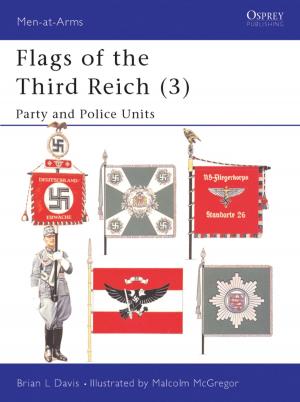Queering Sexualities in Turkey
Gay Men, Male Prostitutes and the City
Nonfiction, Social & Cultural Studies, Social Science, Gender Studies, Gay Studies| Author: | Cenk Özbay | ISBN: | 9781786721983 |
| Publisher: | Bloomsbury Publishing | Publication: | May 25, 2017 |
| Imprint: | I.B. Tauris | Language: | English |
| Author: | Cenk Özbay |
| ISBN: | 9781786721983 |
| Publisher: | Bloomsbury Publishing |
| Publication: | May 25, 2017 |
| Imprint: | I.B. Tauris |
| Language: | English |
Despite its some of its more liberal and democratic characteristics – when compared to many other countries in the Middle East – the more conservative elements within Turkish politics and society have made gains over the past decades. As a result, like many others in the region, Turkish society has multiple standards when naming, evaluating and reacting to men who have sex with men. Cenk Özbay argues that overall, self-identified gay men (as well as men who practice clandestine same-sex acts) are most of the time marginalised, ostracised and rendered 'immoral' in both everyday practices and social institutions. He offers in this book an analysis of the concept of masculinity as central to redefining boundaries of class, gender and sexuality, particularly looking at the dynamics between self-identified gay men and straight-acting male prostitutes, or 'rent boys'. A result of in-depth interviews with both self-identified gay men and rent boys, Özbay explores the changing discourses and meaning of class, gender and queer sexualities, and how these three are embedded within urban and familial narratives.
Despite its some of its more liberal and democratic characteristics – when compared to many other countries in the Middle East – the more conservative elements within Turkish politics and society have made gains over the past decades. As a result, like many others in the region, Turkish society has multiple standards when naming, evaluating and reacting to men who have sex with men. Cenk Özbay argues that overall, self-identified gay men (as well as men who practice clandestine same-sex acts) are most of the time marginalised, ostracised and rendered 'immoral' in both everyday practices and social institutions. He offers in this book an analysis of the concept of masculinity as central to redefining boundaries of class, gender and sexuality, particularly looking at the dynamics between self-identified gay men and straight-acting male prostitutes, or 'rent boys'. A result of in-depth interviews with both self-identified gay men and rent boys, Özbay explores the changing discourses and meaning of class, gender and queer sexualities, and how these three are embedded within urban and familial narratives.















